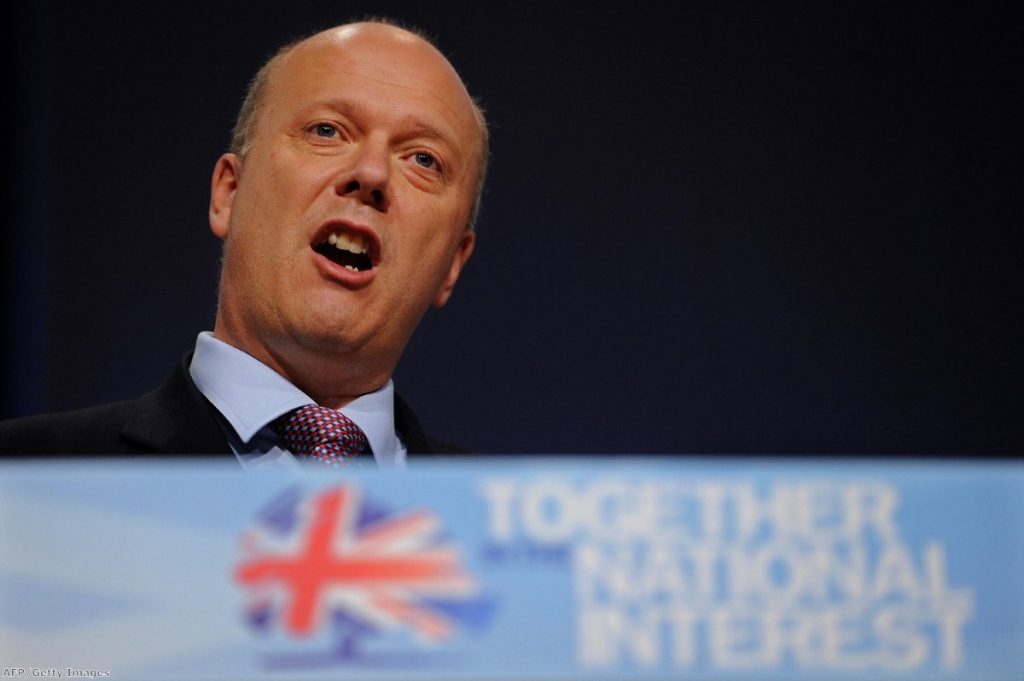MoJ sneaks out cancellation of £85m vanity project
The Ministry of Justice (MoJ) has admitted it is cancelling a much-criticised secure college project following wide-spread criticism of the plan.
The announcement was sneaked out in a parliamentary answer to a Tory MP, with prisons minister Andrew Selous admitting it would "be a mistake to press ahead with such a development when resources are so tight".
He also claimed the project had to be scrapped because of a reduction in the youth custody population, although both this trend and the need to cut spending were well known to the government when it was pressing ahead with the project last year.
How much time/money has been wasted on Grayling's vanity project? Extraordinary that the proposal got this far. https://t.co/TIdamBHSJf
Featured
 BASC given permission to bring judicial review of Defra decision
BASC given permission to bring judicial review of Defra decision
Featured
 Concern over doctors’ health needs as legislation to regulate PAs and AAs introduced
Concern over doctors’ health needs as legislation to regulate PAs and AAs introduced
— Andy Slaughter MP (@hammersmithandy) July 10, 2015
The taxpayer spent £5.5 million on the project before it was cancelled, despite near-unanimous protests from penal experts and child safety groups.
A question from Labour peer Lord Beecham earlier this month saw the government admit the expenditure.
"Spend up to and including 30 April 2015 on the secure college pathfinder was £1.56m resource (mainly expenditure on staff pay and procurement) and £4.04m capital (mainly design fees and site preparation costs)."
What's this? Another @TheHowardLeague campaign win… pic.twitter.com/xvh7bfVphu
— Rob Preece (@RobPreeceOnline) July 10, 2015
The plans for the secure college went against years of research showing that large establishments 'warehousing' young offenders led to a much higher risk of abuse for younger boys and girls.
The NSPCC, the deputy children's commissioner and the Royal College of Psychiatrists all opposed the plan, along with penal reform groups like the Howard League and the Prison Reform Trust.
If it had gone ahead the secure college project would have cost at least £85 million, with an extra £100,000 annually for each place.

